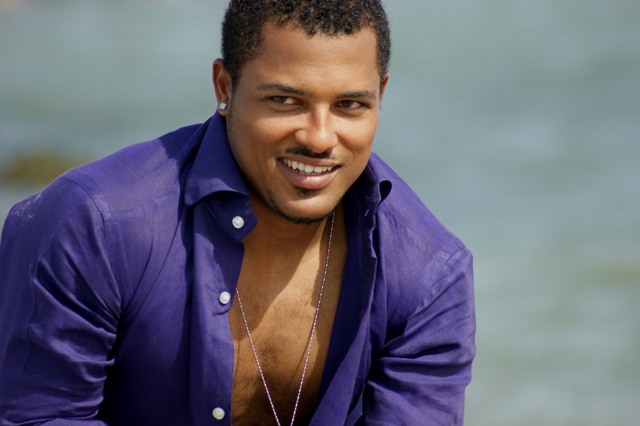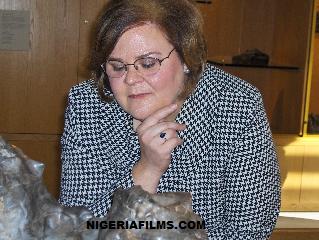Nigerians feel like they are always defending their country’s image – but at least it’s one thing that unites us
Once again, the Lion of Africa is upset. This time, with the BBC. From Nobel Laureate to hoi polloi, Nigerians have, over the past many days, roared a range of emotions in reaction to the BBC documentary, Welcome to Lagos, which showed a side of our beloved city that some of us have never seen – real, live Lagosians subsisting on refuse dumps.
“There was this colonialist idea of the noble savage which motivated the programme,” Wole Soyinka said about the documentary. “It was patronising and condescending.” Dalhatu Tafida, Nigeria’s high commissioner to the UK, described the documentary as, “a calculated attempt to bring Nigeria and its hardworking people to international odium and scorn”. Facebook pages and blogs have also been ablaze. “They are giving us a bad image,” many Nigerians fume. Meanwhile, the Lagos state government has submitted a formal complaint to the BBC, calling on the corporation to commission an alternative series to “repair the damage we believe this series has caused to our image”.
But hardly have I come across passionate expressions of “Oh my goodness! There are people in our country living like this? What shall we do about them? How fast can we act?”
The Nigerian obsession with image often approaches neurotic proportions. What people think of us appears to take manic precedence over who we really are. You might imagine that the rational response to some of the infamies we are accused of across the globe would be: “Are we really like this? If we are, then let’s do something about it – quick.” Instead, we perpetually harangue and speechify to “correct” the world’s impressions of us. If it isn’t moaning about the depiction of Nigerians as criminals in the movie District 9, it is berating Hillary Clinton for daring to describe the situation in our country as heartbreaking and our leadership as a failure, or boycotting Oprah for warning against Nigerian 419 scams on her show.
This curious attitude goes beyond high-profile situations like the BBC documentary where our dirty linen were yanked from our very loins and aired on the international veranda. It also manifests in how we deal with everyday shames. I’m continually shocked by the number of Nigerian families frantically hiding away relatives with obvious mental health issues rather than seeking help for them, simply because they are more worried about the news getting out. Even physical ailments and high crimes often get hidden away. Like Nigeria, many of these families are busy chasing rats while their houses burn. Protecting the family image is more important to them than finding solutions to the dire problems at hand.
But then, image does matter tremendously in our part of the world. Perceived flaws automatically put a family or tribe in a position of disadvantage. I still hear comments like, “Don’t marry him; his father used to stand in front of their house talking to the sky” or “How can you hang out with her? Girls from her village are very diabolical”. Plus, an amateur surveillance of Africa’s history shows stronger tribes regularly treating weaker ones as vermin. To survive, groups need to be seen as superior.
Apart from the obsession with keeping up appearances, collective anger against documentaries like the BBC’s Welcome to Lagos appears to serve an additional benefit for Nigerians. It is extremely rare to find us united in common purpose. We more often unite with common hatred. Therefore, it doesn’t matter whether it is against neo-colonialists or Gaddafi or the BBC, that brotherly bond which ethnocentrism and savagery rarely allow us to enjoy, suddenly waxes strong when there is someone against whom to direct our rage.
And, quite frankly, I’d rather we were united in attacking the BBC than consumed with the usual pastime of hunting one another.



















